
My friend Ted Erski teaches in the earth science department at McHenry County Community College in Crystal Lake, IL. A coffeeholic and geographer, he has developed an amazing course called the Geography of Coffee. He also finished his first self-published novel called Salavandra: A Coffee Tale. Ted did several readings from the book in area cafes that support fair trade. I asked him to write up a synopsis of the book and his interests for the blog. You can order the book from Amazon.com or download a free audio copy.
"My current professional interests lie in globalization, social development and the interplay amongst economics, politics and the environment. I'm most interested in how coffee, an ostensibly simple commodity, connects consumers in the developed world with producers in the developing world. To this end I created a course called “The Geography of Coffee.” The nuanced, politically and economically charged character of this global commodity also inspired my first novel, Salavandra: A Coffee Tale. The story is about a revolution on a coffee-producing island. More significantly, however, it offers readers a critique of US trade policy, globalization and international labor conditions.
I use the novel in my geography classes. Here are three questions I ask my students about the text:
1. Compare and contrast communication infrastructure and access to information and technology between the developed and developing world as represented in the first three chapters of Salavandra. What might the term "the digital divide" mean in the context of Salavandra's first three chapters?
2. In Chapter four, what symbolizes the conflicting view about the value of natural resources between the developed and developing world?
Thinking about Chapters four through six, describe how Salavandra illustrates that access to information can level the playing field for advocates of working people in the developing world.
3. Thinking about chapters seven through nine, how does Salavandra illustrate that politics and business often work together, and what is often beneficial to consumers in the developed world can actually harm producers in the developing world?"
Ted became an individual member of Chicago Fair Trade (www.chicagofairtrade.org) in May.
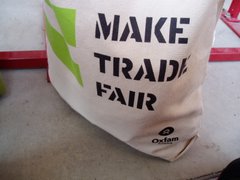
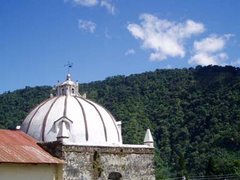
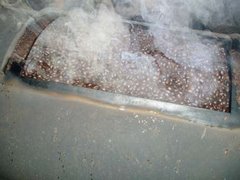
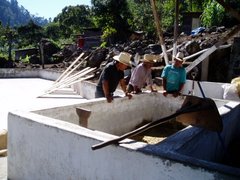
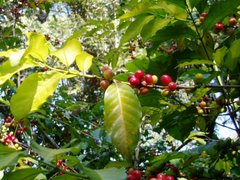
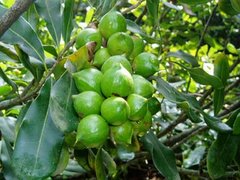
No comments:
Post a Comment